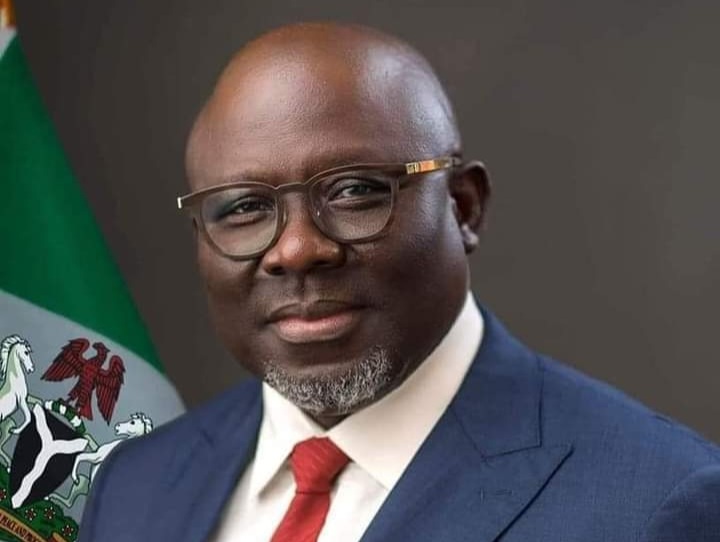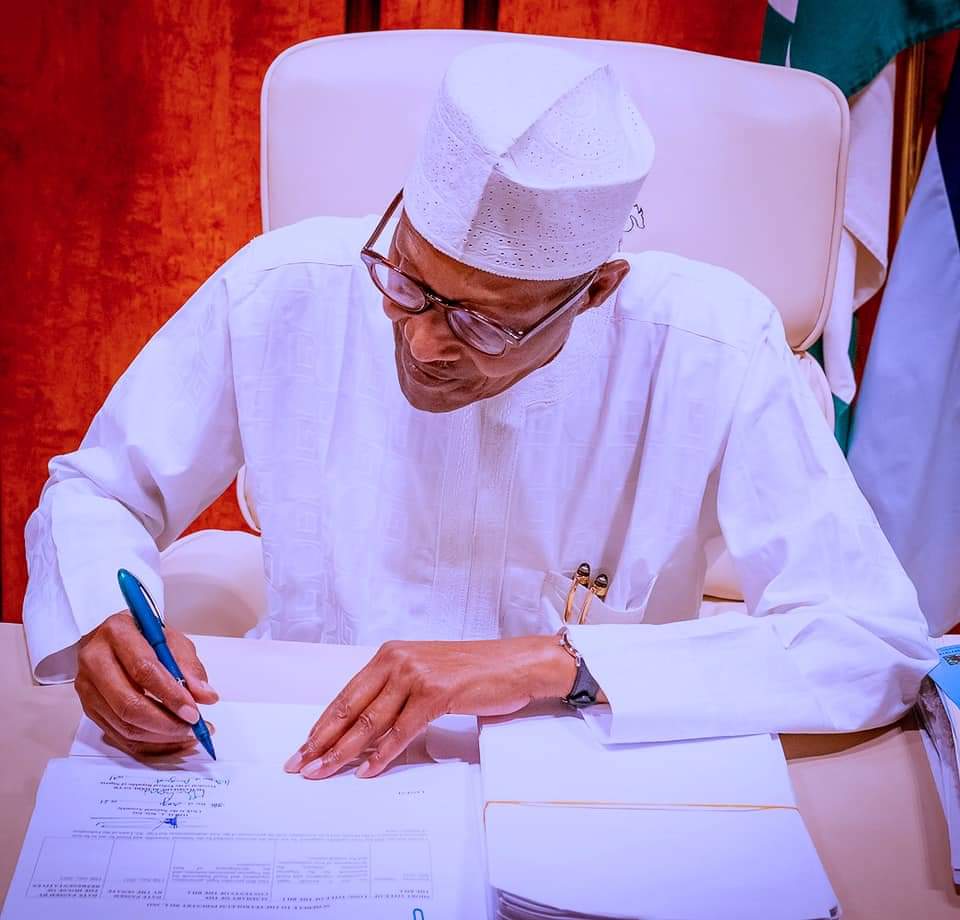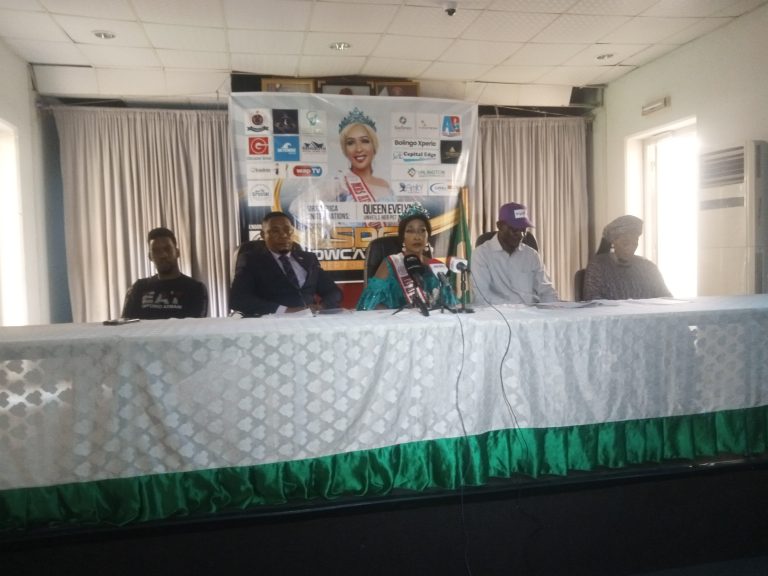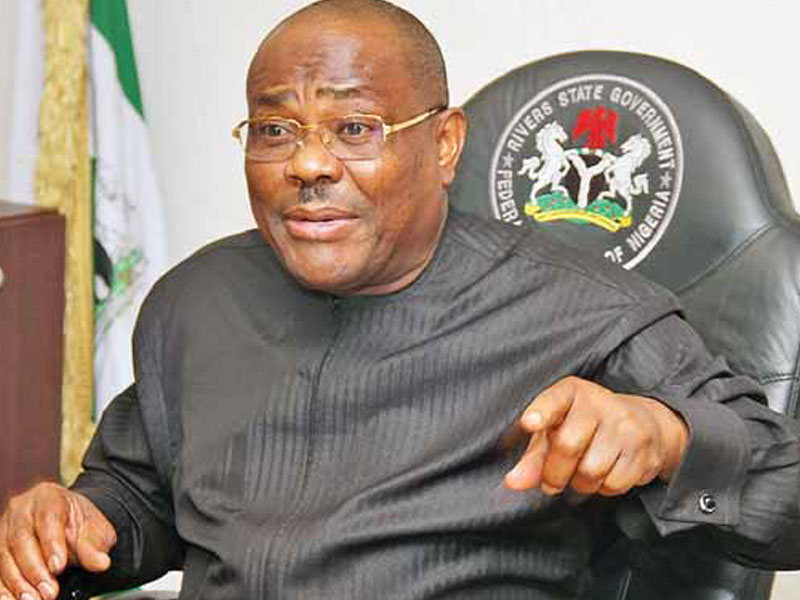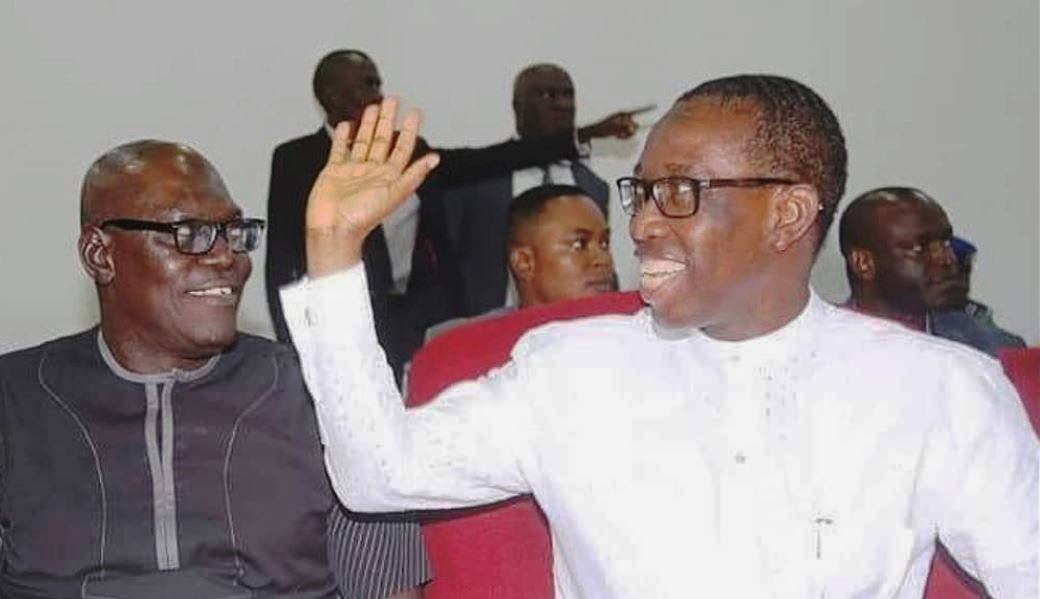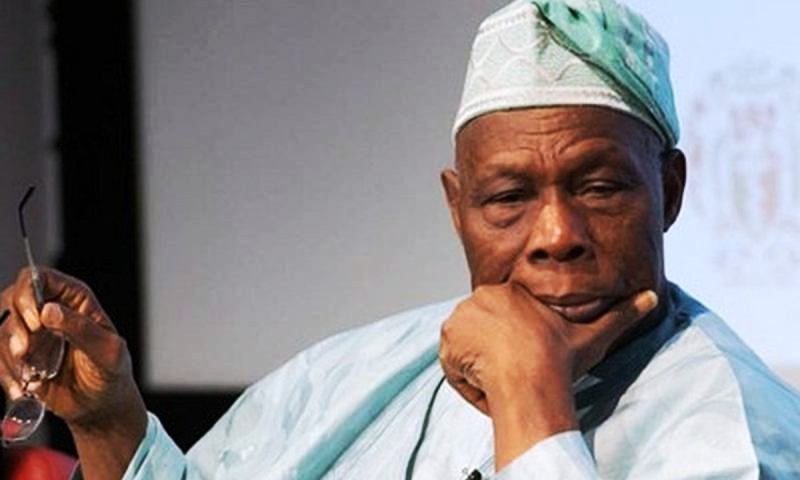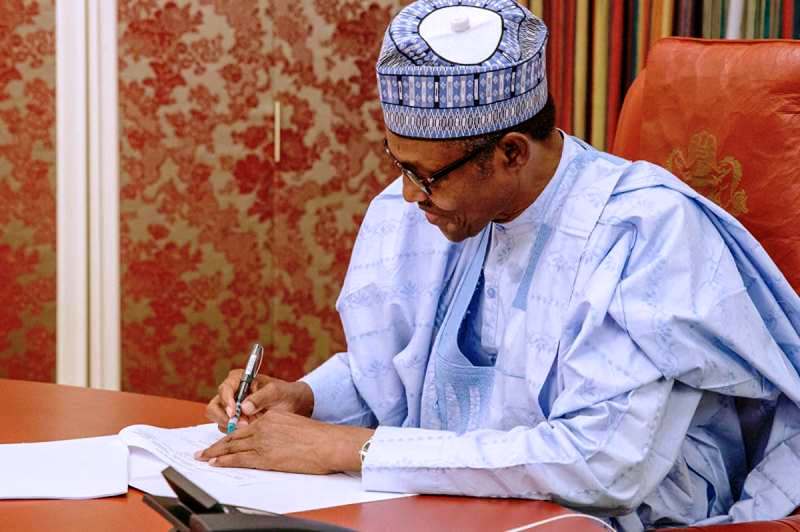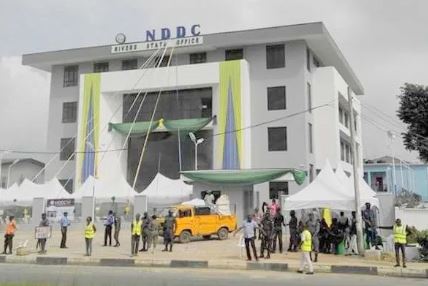Chidi Amuta
(Excerpts from my forthcoming memoir- “A Life in Pieces– (In Lieu of a Biography)”. I share them here as an abbreviated comment on today’s reality)
I was born a British subject. As a child, I became a citizen of an independent nation, Nigeria. In late teenage, I suddenly became a citizen of Republic of Biafra. On attaining adulthood, I reverted to citizen of Federal Republic of Nigeria. Taken together, living in Nigeria’s 60 years in the rain has been a split experience between freedom, exile and autocracy. One step into freedom, two steps backwards into the dungeon of fear under jackboots. Now as a senior citizen, I carry the passport of a Nigerian nation that has turned into a nightmare for its citizens. I am thoroughly frightened to live in today’s Nigeria let alone own it or dare to call it home. Yet wherever else I go in the world, this green passport is the only identity I have. When your identity becomes a burden, it is time to rethink your optimism and begin to doubt the future of your nation and that of your children…
On a number of occasions in recent months, I have stared at my green passport in unbelief, not knowing whether to justify the optimism of years gone by or to embrace the tragic lure of pessimism. Only one voice keeps returning to me with a constant numbing refrain: “Despair… Despair and forget… Despair and let the younger generation face the challenge of their age…Every generation defines its challenge, confronts it or betrays its mission… Sorry Mr. Frantz Fanon, I am lost in your words… Despair and forget it all!”
Perhaps there are not too many people living in today’s Nigeria that carry the burden of my generation. For those who have experienced Nigeria in the same circumstances and from the same corner as me, the Nigerian journey has been an undulating march. We have wandered through moments of wild optimism and long stretches of unhappy disillusionment. Once in a while, we rode the wild wave of euphoria only to end up in a valley of our own broken shadows, the shadow of many near deaths.
We have anticipated freedom, mistaking it for the brief promise of democratic rule. At such moments, we trooped out to welcome something new and fresh only to hear the same empty words and promises repeated by soldiers and civilians, the same tribe wearing different costumes. Repeatedly, the frontiers of freedom have constantly receded while the progress we earnestly yearned and hoped for has turned to a shadow of ashes, a fractured dream that has turned into a series of nightmare that will not go away…
At first, the grounds of optimism were abundant. There was the ceremony of independence. The tiny flags and the plastic cups given to every school child to welcome the new nation. We queued endlessly at the roadside in the sun, waiting for the drive past of the new messiahs. They came late and stood in open- top limousines and waved at us just like the white colonialists had done every year when we trooped out to greet them in loyalty to the Queen of England on Empire Day. But this was not Empire Day. It was Freedom Day.
After the long wait in the sun and the march past, we returned home with hunger in our stomach to wait for the sweetness that that teacher said will follow with independence. As children, we recited the new anthem and memorized the symbolism of the flag. All peace and no war. All food and no hunger. We clutched the tiny flags and the cups as our perennial reminders that something new and good was about to happen to us. No one told us that the flags would soon become things of mockery for fanning ourselves when the heat became unbearable after the harmatan.
The cups were something different. They were initially a civilized departure from the calabash bowls that we were used to drinking water from. The grey plastic cups would soon become vessels of suffering and receptacles of sorrow about a promise forever betrayed. The village priest had unknowingly repeatedly dwelt on the cup of sorrow every Easter while recalling that climactic moment when the betrayed Christ was weary of suffering at the garden of Gethsemane in the hour of passion before the crucifixion : “Father, let this cup pass me by…”
Our illiterate mothers had learnt freedom songs as well. Adorned in ankara wrappers emblazoned with the portraits of the new leaders, our mothers and grand mothers sang and danced at the square. Long after the ceremonies, the once ceremonial wrappers became worn out, only fit to be worn to the farm. Their lives refused to change except at election seasons when big men seeking big positions and fat money came by to canvas for votes. In their seasonal generosity, the big politicians used to bring loaves of bread, cups of rice and, later, small packs of noodles from Indonesia and just enough cash for one pot of soup. Just one pot of goodness to punctuate a life of the unbroken monotony of the soup of poverty. A day in paradise, a foretaste of goodness, the sweetness of the promised land. Thereafter, they would disappear, never to reappear till another season of votes and foolish promises…
Come to think of it. The white men did not leave us empty handed. It is part of the idiom of politics; every past ugliness decorates the depravity of the present. Every calamity that our own kith and kin have since unleashed on us used to be blamed on the whites. The whites did not leave us hospitals where there are hardly drugs. They did not divert the patients from public hospitals to their private clinics. The whites did not convert every patch of green to an unsightly monstrosity by land grabbers. They did not leave us a police force that demands bribes as of right in the openness of street corners and highways. They did not leave an absentee pubic service either. The schools left behind by the whites were manned by qualified teachers, not armies of illiterates teaching illiterates. Fine, they made the system work ultimately for the good of their home country and the comfort of the woman and her family who wore their national crown…Sixty years after their exit, our rich still troop to the land of the whites when we have a tooth ache, head ache or bowel disorder or crave some escape from the hell we have chained our people to…
These days, whenever I can manage to get the attention of my adult children, I tell them stories of a different country, the country immediately after the whites left. One of them got curious after reading Chinua Achebe’s valedictory war memoir, There Was a Country. I took the opportunity to relate my experiences of that former country…
I told her of a time when growing up in the village, we told the time by the regular schedule of the trains. Unfailingly, the morning train came roaring past at 7 am. The policemen carried only batons and wore well -ironed shorts. The two sentries that stood guard in front of the residence of the first President on Marina, Lagos carried no guns, neither pistol nor rifle. Soldiers were a rare sight and whenever they appeared in public, they were civil in behavior, barely uttering a word except in courteous greetings. Their bearing and carriage spoke of a training that could be felt. They did not fight in beer pub or drive on the wrong side of the road. They carried no guns to frighten the very people they were paid to protect. They paid for bus and train tickets and were polite to civilians…
There was something called PWD, Public Works Department. You could find them fixing bad roads, drains and renovating public buildings. They were on the high ways too with their Road Camps located at sensible intervals. They mended every damaged section of the highways as soon as there was the least sign of failure. The other one was called ECN, Electricity Corporation of Nigeria. It saw to the regular supply of electricity and warned people in advance if there would be interruption in power supply in any part of the town… They did not knock on doors to let Oga know they are around!….
The streets were clean and tidy. There were even public parks where innocent people could relax with no fear of Area Boys, kidnappers or hoodlums. Public buildings were well kept. Civil servants did their job effectively and delivered service without waiting for instant gratification. People of learning and character were revered. Those with wealth left you in no doubt as to where they got all that money from…
After a while spent in these reflections, I noticed that my daughter was losing interest in my tale. Out of courtesy, she ended her part of the session with a question:” Daddy, are you just making all this up to make your early days appear rosy? Was that in this country or somewhere else?” My son, who had just returned from studies in the United Kingdom, had been listening in while catching up on local news on some local television channel. His attention was caught by some ceremony where a governor was commissioning a water borehole. Having been away from the country for some years, he was right to think that things must have changed for the better in his absence. He innocently threw in a question directed at me: “Sorry Dad, Are they still commissioning these small water boreholes like you guys used to do when you were heading some rural development thing and I was 5 years old?’ Between the shame of being part of something that has refused to change and the guilt of being part of the elite of a nation that has been utterly vandalized, I watched this family dialogue go up in smoke…
Fast forward to 1970…
After the devastation of war, the soldiers who brought war upon us ended it after subduing their colleagues and friends on the Biafran side. Forget about all the slogans: No Victor, No Vanquished! Really? The African political soldier is a true offspring of the politician ‘big man’ he toppled…
The hurt in our hearts, the repressed agony of the unmourned dead buried in open graves, the silent tragedy of burnt out homesteads left tales that no one had the tongue to tell. Broken homes, bridges and roads were easy to fix. But the hurt in our hearts was harder to mend. Some lives were broken into pieces forever. The shocks of war drove many over the edge. Some took to violent robbery. Others muttered incoherent things to themselves. Some others were permanently shell-shocked and went raving mad, endlessly repeating the very last command they heard before Armageddon shattered their sanity. One mad former soldier went around stark naked, with a permanent erection, bragging that his rocket was forever ready to fire!…
In the larger reunited Nigerian canvas, suspicion among neighbours was harder even to right. Yet we forged new hopes and renewed our optimism about Nigeria even as we strove to catch up with our lives after the wasted years… There were the federal soldiers and the countless checkpoints on major highways. There was the rampant commandeering of pretty girls returning from refugee camps in the lands of conquest…There were a few girls impregnated by soldiers standing up in makeshift shelters erected as checkpoints. Reminders of an adage in my nativity that says: ‘a child that results from love hurriedly made standing up always ends up an itinerant mad man!” Perhaps a few from this generation of mad children have since grown up to multiply the insanity that we see all around us these days…
The reality of a new Nigeria and an almighty Federal Might was a basis for hope and optimism. The black race placed hope in Nigeria to lead the march to liberate the rest of the continent from the last vestiges of colonialism and apartheid racism. Free Mandela! Free Namibia! Zimbabwe must be free! Namibia, Angola and Mozambique looked forward to days of some sweetness. The black majority in South Africa saw hope in an activist Nigeria dripping in oil money and not certain how best to deploy it. The fool and his money…!
At home, quarrels among our ambitious soldiers gave birth to an unexpected beam of light. Murtala Mohammed stepped forward to cleanse his own bloody past. Every successful general is a murderer who survived with a story the day after. The young soldier began healing a nation in post war despair and trauma . As undergraduates, we saw hope in the stern voice and steady gaze of this soldier nationalist. We trooped to the streets in solidarity with the mission of this uncommon soldier. A wave of optimism swept through the land and generations of Nigerians were united in their welcome of something different and full of light. But there was something unreal, even surreal in this sudden awakening…..
The Nigerian ideal is not hard to figure out. It is not hidden or far to see. The Nigerian soil is not averse to the germination of goodness. Chinua Achebe once opined that there is nothing wrong with the Nigeria air, environment or soil that makes it a perennial bad place. It is a want of good leadership. Nigerians know good leadership when they see it. Our people recognize it instinctively whenever something happens that approximates it.
But ill luck has trailed us in matters of leadership. Our brief encounters have never endured. A ray of light beams. Then it flickers. And darkness returns in a “coming and going that goes on forever”. Apologies to Christopher Okigbo. After all he, too, flickered and went home prematurely, a world class poet felled in battle by an illiterate recruit in a place called Akwebe, near Nsukka, that was not even on the map until Google came along!…
Fast even further forward to Nigeria in 2021…
Take just this past one week only. Every passing day is a pageant of of blood, fearsome violence or incendiary words of hate. In the past week alone, see a quick sampling: On Friday morning, an estimated 300 girls of Government Girls Secondary School, Jangebe in Zamfara state abducted by the usual armed gang. Over 40 abducted students and teachers of Kagara government school, Niger State, still in captivity. Another dozen or so killed in Kaduna. A traditional ruler abducted. A village church set ablaze. Seven air force personnel on their way to Minna presumably on a terrorism related assignment die in a plane crash in Abuja. Governor of Zamfara justifies the exploits of bandits and pleads for amnesty and rehabilitation for them. Another governor (Bauchi state) supports herdsmen and roving criminals carrying AK-47 rifles.
A notable Islamic cleric pleads the cause of bandits. Governor of Niger State cries out that herdsmen and bandits have been treated unjustly by the Nigerian state over the years. Soldiers bombard the sleepy small town of Orlu in full battle formation complete with helicopter gunships overhead and shells raining hell and death on unclear targets. A former governor and thugs of state sent by the incumbent governor engage in open street brawls in Owerri over allegedly stolen mega properties. Niger Delta militants in full battle fatigue threaten to bomb Lagos, Abuja and oil installations to protest bad governance and injustice. Association of Nigerian governors –all 36 of them-endorse the growing trend of governors negotiating with bandits. Governor of Jigawa state signs a law making rape punishable by death. Sheikh Gumi has ordered Nigerians to stop calling bandits criminals but heroes of circumstance! Bandits can only listen to Gumi, not Buhari or his agents…news!
We now live in a republic of countless questions. Whose nation is this anyway? Who is in charge in this place? What is going on here, anyone? A presumptive full blown democracy of 200 million Africans with an army, air force, navy, state security, police force, civil defence and vigilantes and bush hunters with amulets and juju… The formal forces, headed by people parading fancy titles and ranks, their chests and shoulders weighed down by countless shiny medals and epaulets, now taking orders from bands of bandits and roving freelance killers operating from forests all over the country?
For former die hard optimists like me, our spirits, like that of Hamlet’s father, will find no rest until someone finds answers to the myriad questions that now haunt this place and these times.
